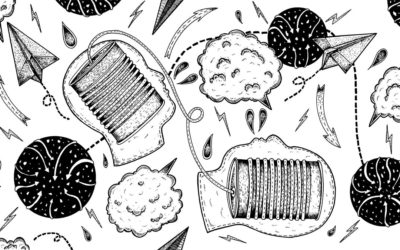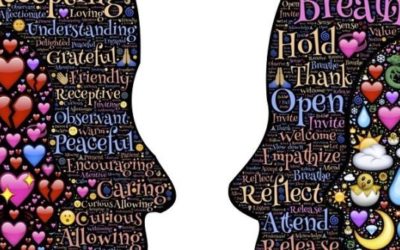
My favorite topic in the book is the chapter called “The Integrity Gap”. In this chapter, Brian introduces the reader to the Greek word Areté. This word translates to “virtue” or “excellence”. But it has a deeper meaning of “living to your highest human potential moment to moment”. He illustrates the concept of Areté by drawing a picture for the reader.
Imagine two parallel lines.
- The upper line represents what you are capable of being/doing in any moment.
- The lower line represents who/what you are actually being/doing in any given moment.
- If there is a gap between these two lines, this is called the Integrity Gap. This gap is filled with depression, anxiety and general icky feelings.
——————– Capable
<- Integrity Gap
——————– Actual
The challenge is to close this gap. If you can successfully bridge the gap then there is no room for negative feelings… There is only room for happiness! Often easier said than done, raise the line for who you actually are to the level of who you are capable of being and you have achieved Areté.
By applying this image to your daily life from moment to moment, we are able find true and sustainable happiness and to live the mantra “Be Your Greatest Self”.
Now that you know about the Integrity Gap and the need to close it in order to be happy, you may ask the question, “What can I do to close the Integrity Gap?” To find the answer we will turn to works of Positive Psychology.
“Positive psychologists seek “to find and nurture genius and talent”, and “to make normal life more fulfilling”,[2] not simply to treat mental illness. The field is intended to complement, not to replace traditional psychology. It does not seek to deny the importance of studying how things go wrong, but rather to emphasize the importance of using the scientific method to determine how things go right.”
Quote from Wikipedia regarding Positive Psychology
1: GRATITUDE
Being aware of and thankful for the good things that happen; taking time to express thanks.
2: HONESTY
Speaking the truth but more broadly presenting oneself in a genuine way and acting in a sincere way; being without pretense; taking responsibility for one’s feelings and actions.
3: PERSPECTIVE
Being able to provide wise counsel to others; having ways of looking at the world that make sense to oneself/others.
4: LOVE OF LEARNING
Mastering new skills, topics, and bodies of knowledge, whether on one’s own or formally; related to the strength of curiosity but goes beyond it to describe the tendency to add systematically to what one knows.
5: JUDGMENT
Thinking things through and examining them from all sides; not jumping to conclusions; being able to change one’s mind in light of evidence; weighing all evidence fairly.
But identifying your virtues (aka Signature Strengths) is only half the process towards attaining higher levels of happiness in your life. Martin Seligman stated the entire process with a simple equation:
Happiness = Virtues In Action
To realize the full potential of your capacity to be happy, you must take these Signature Strengths and put them into action in your daily life.
So to answer the question “What can I do to close the Integrity Gap?” the answer is simple… “Live with Virtue”.
Related Articles
On Communication – Part 3
Part 3: The Science From: https://hbr.org/2016/07/what-great-listeners-actually-do Of course, there are different levels of listening. Not every conversation requires the highest levels of listening, but many conversations would benefit from greater focus and...
On Communication – Part 2
Observation: the facts (what we are seeing, hearing, or touching) as distinct from our evaluation of meaning and significance. NVC discourages static generalizations. It is said that “When we combine observation with evaluation others are apt to hear criticism and resist what we are saying.” Instead, a focus on observations specific to time and context is recommended.
On Communication – Part 1
“Conjungere ad solvendum is Latin for ‘Connect before solving.’ I made up this motto because, through teaching and facilitating innovative thinking for decades, I’ve discovered that the most powerful catalyst for inspiring creative breakthroughs and translating those breakthroughs into sustainable innovation is to guide people to connect with one another first, before trying to solve a problem.



